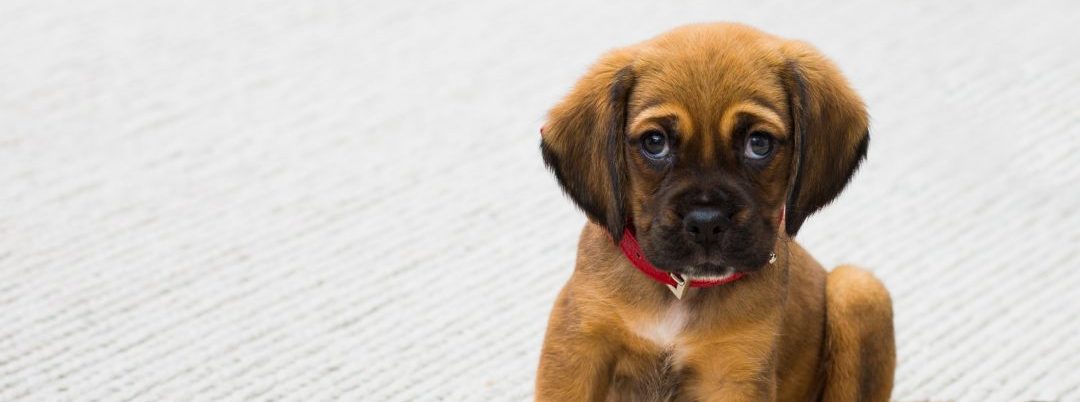
When a pet dies, it is a loss that feels just as big and real as losing a friend or family member-sometimes it is bigger and more real. Pets and animals give us a type of love that humans usually don’t. When a dog follows us around, and waits on our command, and shares their life with us every day…that means something to us that is unlike other relationships. Animals see their humans through the toughest, scariest, and hardest times. I have heard of animals helping their people through break ups, divorce, grief, loss, and depression. When your dog sits with you, in those small hours of the night when you contemplate your deepest darkest fears, that creates a bond and a sweet connection in life that can, well, keep us alive and moving forward. So, when you lose your beloved pet, you are losing more than “just a dog”…you are losing a life line, a savior, a protector, a confidante and a friend that is more closely entwined with your life than most friends and family ever are.
I speak about the loss of a pet, because I believe that it is a grief that must be discussed and treated with care and compassion. When a friend or family members acts surprised about the depth of grief you experience when a pet dies, it can complicate the grief and make it feel less “important” or “valid” than someone else’s grief. I believe that all stories, and all relationships are important, and that the depth of grief is directly related to the depth of the bond and connection between two living beings.
I often think about the times when I have watched a movie, stone-faced, as many humans die. Those same movies tend to bring me to tears when an animal, a horse that a soldier rides into battle, is harmed and killed. I am an empath, and I do feel things deeply, but I have also known deep connections with animals my entire life, and I have grieved the loss of each of them. These experiences in my life, have informed my treatment of grief in all facets of life and in my working with people on a regular basis.
As with most grief, there is a feeling of responsibility when an animal dies. We are, in reality, the animal’s caregiver. We are their link to health and happiness. So, many times losing a pet to an illness that is only noticed when the animal is beyond saving leaves us more grief stricken than we could have been if our pet died in old age. Those times can be hard because we can immediately feel that we “should have known” and we “should have seen the signs” before it was too late. There are feelings of guilt and responsibility in every death and loss I have helped clients heal. This guilt and feeling of being responsible is present in the death of mothers, fathers, sons, sisters, and animals. This guilt is present when the loved one died of an illness, a car accident, suicide, or homicide. This guilt is common in all loss. This guilt, I believe, is connected to the fact that we feel powerful when we have lost something. We feel as though we “should have” stopped the car from running the red light, we “should have” noticed the cancer in time to save them, and we should have been able to stop someone else from ending their own life. Often, in deaths related to suicide or illness, the person, or animal, is naturally trying to protect their loved ones from pain and sadness. So they hide it, they conceal it, and they don’t let on that anything is wrong so that they don’t burden the people around them. We protect our animals, and they protect us.
The commonalities in all types of grief and loss are vast and complicated. The feelings that the survivors of grief have are often unique and alike at the same time. The feelings that they have magical thinking that leads them to believe that it was “all just a dream”, or “their just on a trip and they’ll be back” are common. I recall having dreams that I could call my best friend on the phone for years after she died. Other common themes include a new respect for, or relationship with, death, having the experience of losing friends and loved ones who don’t know how to manage your grief so they disappear, and having well-intentioned people approach you and say things that make you angry (for example “why not just get another dog”, “it’s just a pet”, or “she’s in a better place.”)
My intention, with this message, is to validate all grief, and to put the words out in the universe that allow us all to feel that our feelings and our experiences and love is both valid and strong and unique to us and our loved ones. Losing a loved one is never “just” anything. If you grieve over losing your pet, it is important to have some compassion for yourself and to recognize that your bond with that pet is true and it is important that you feel the loss deeply and honestly to grieve and move forward.
By: Selena Tyler, LPC of Thriveworks Counseling and Coaching in Pflugerville, TX.
Let’s keep in touch! Sign up to receive our newsletter:
Start a Relationship with An Exceptional Counselor
- Skilled and caring professional counselors
- Accepting all major and most insurances
- High-touch customer service & premium benefits
- Same- or next-day appointments
- Ultra-flexible 23.5hr cancellations













